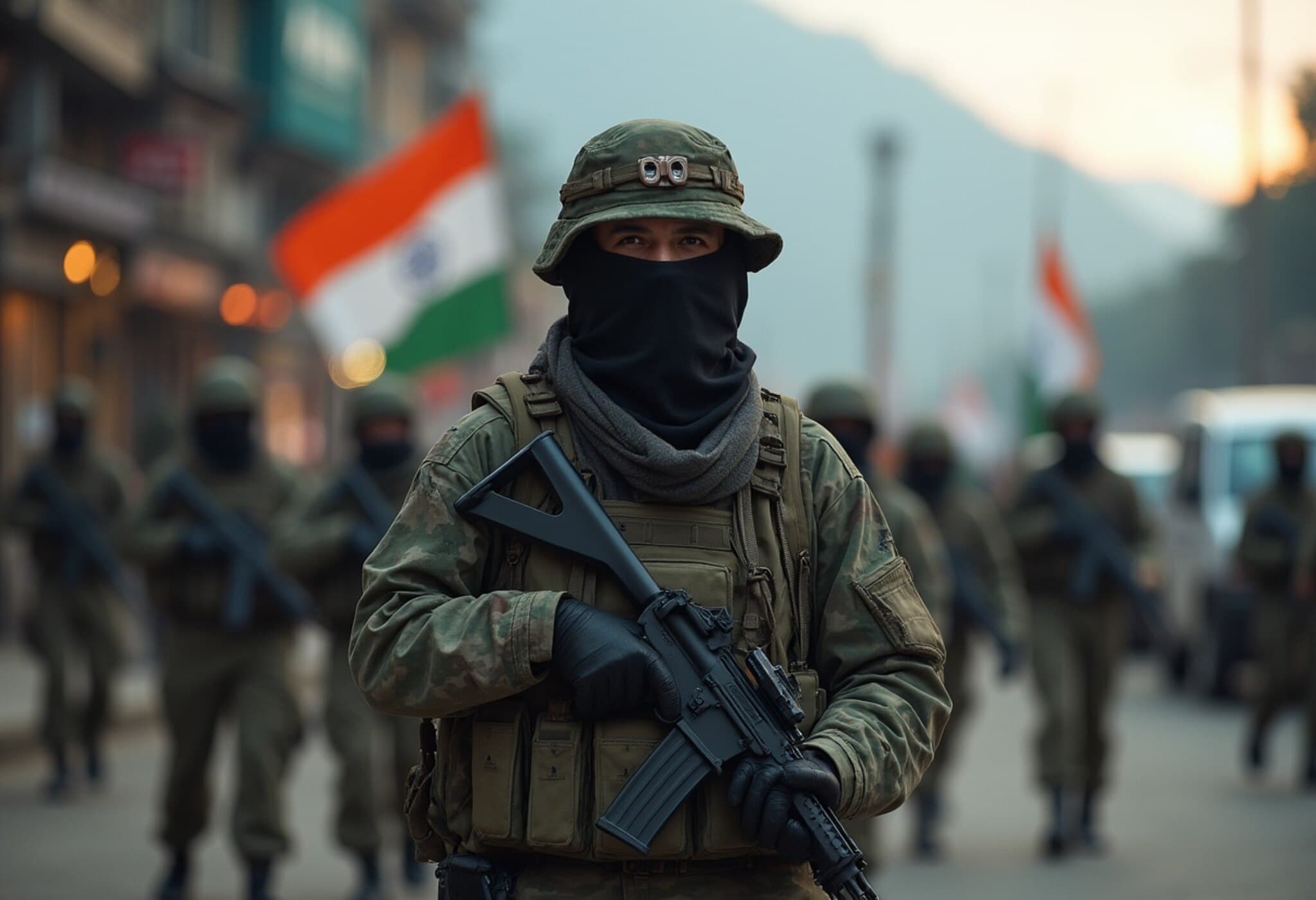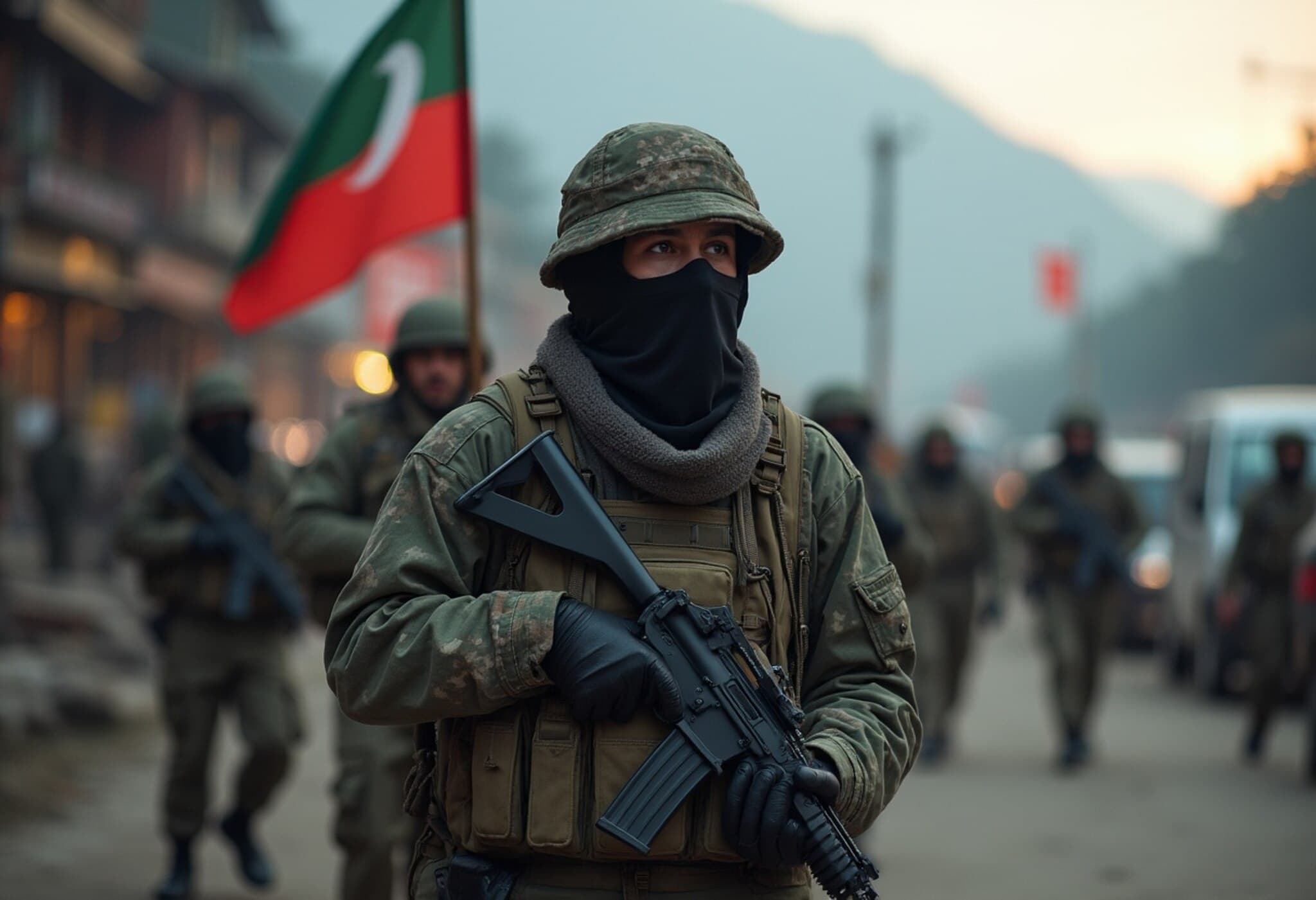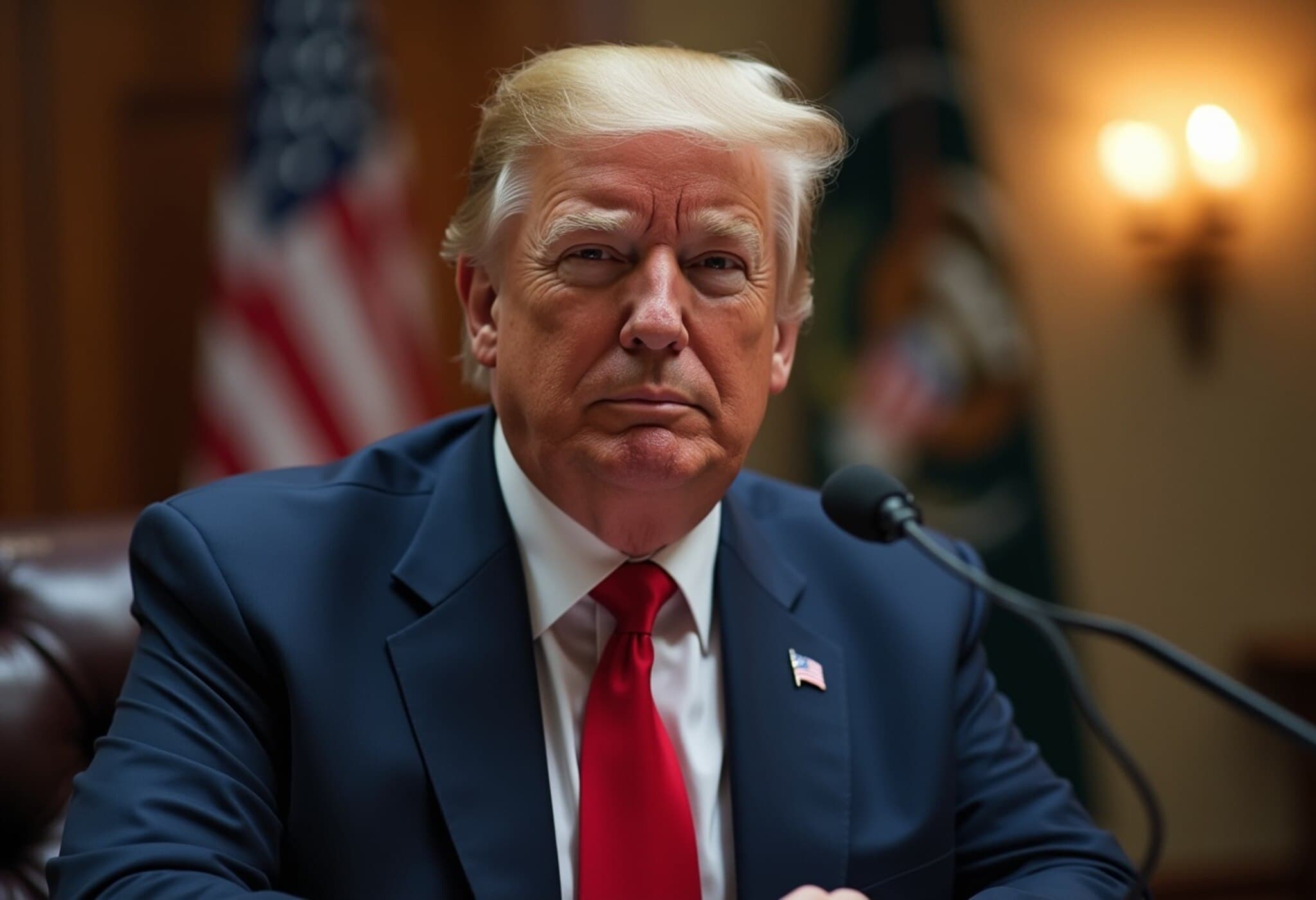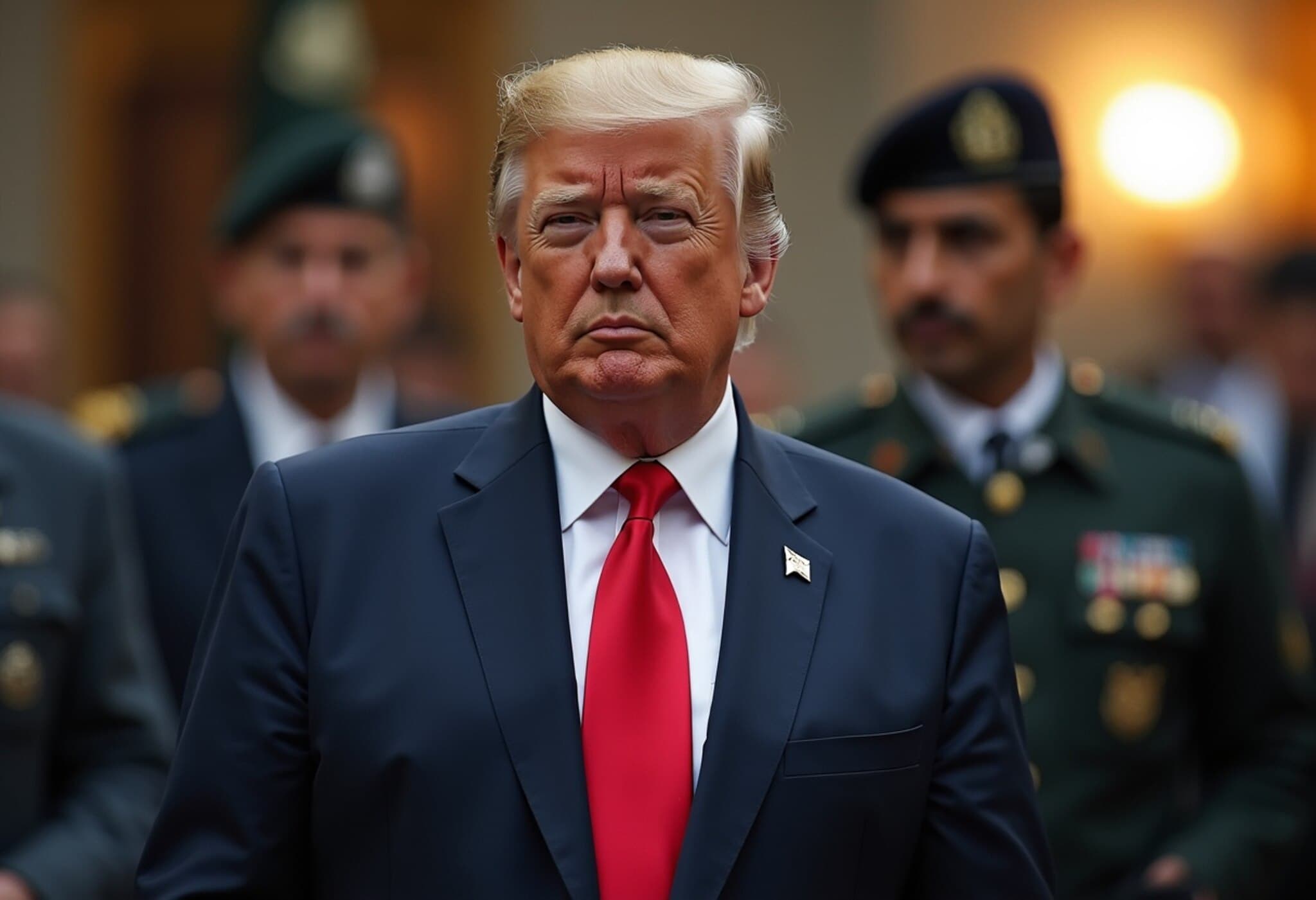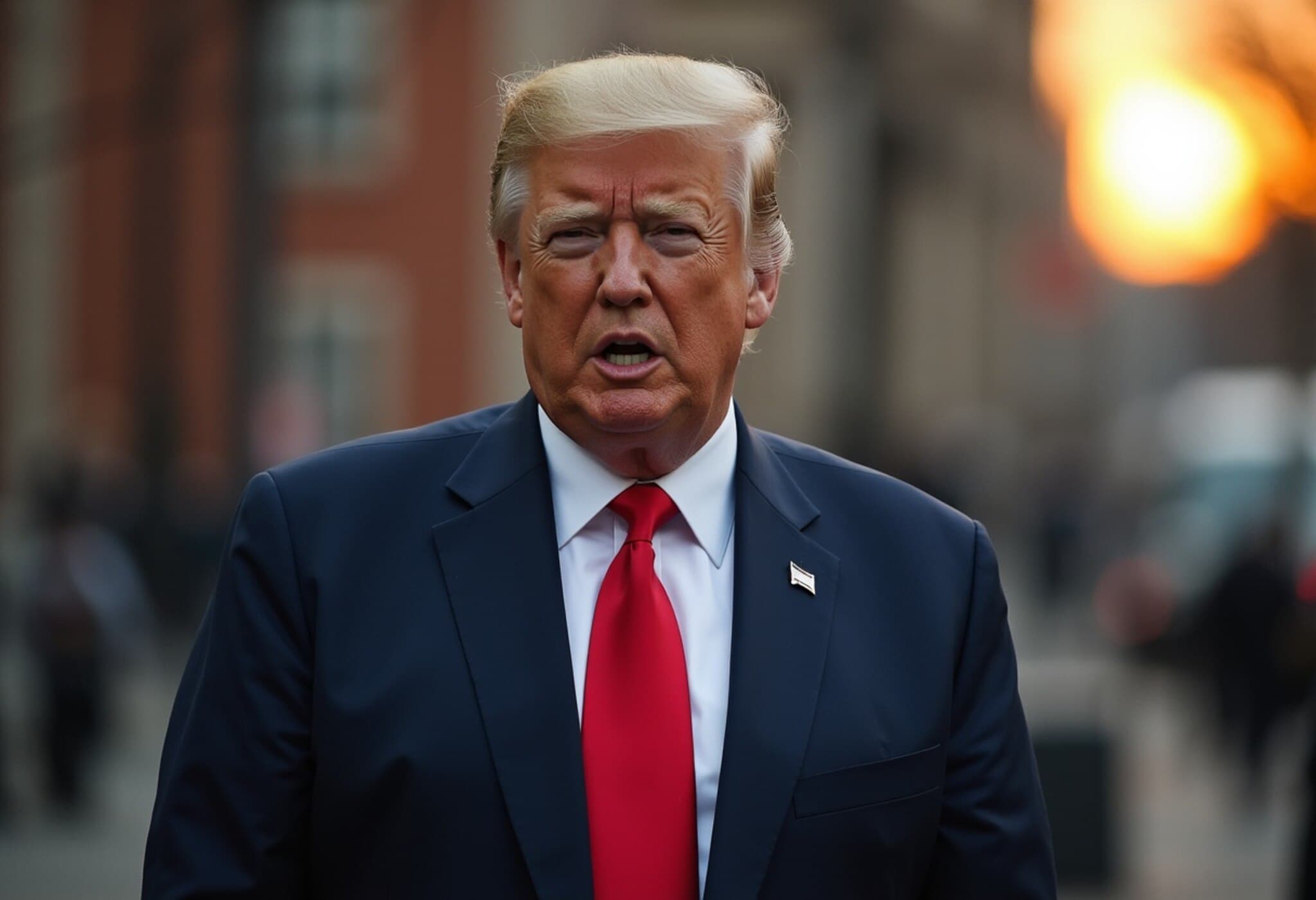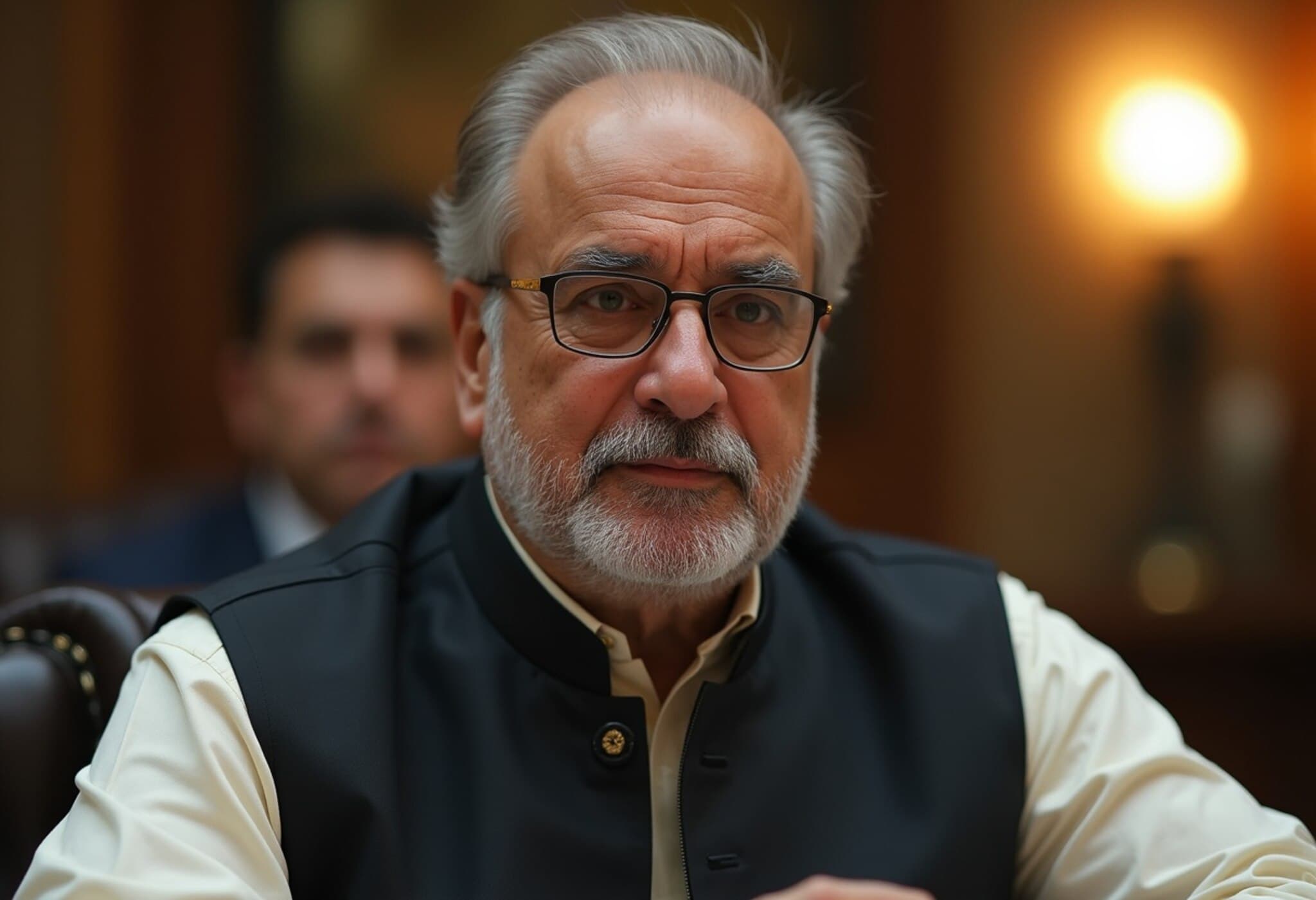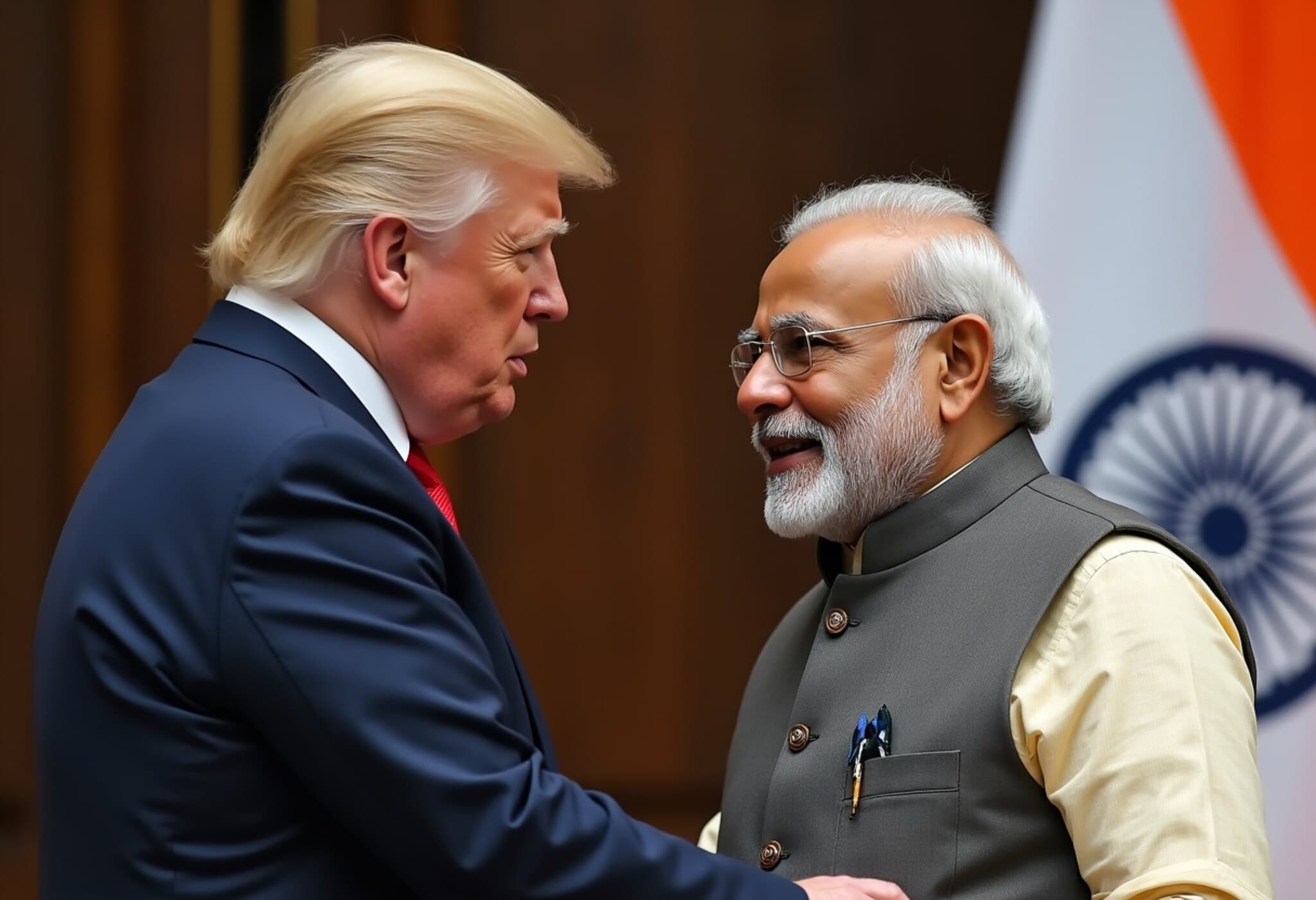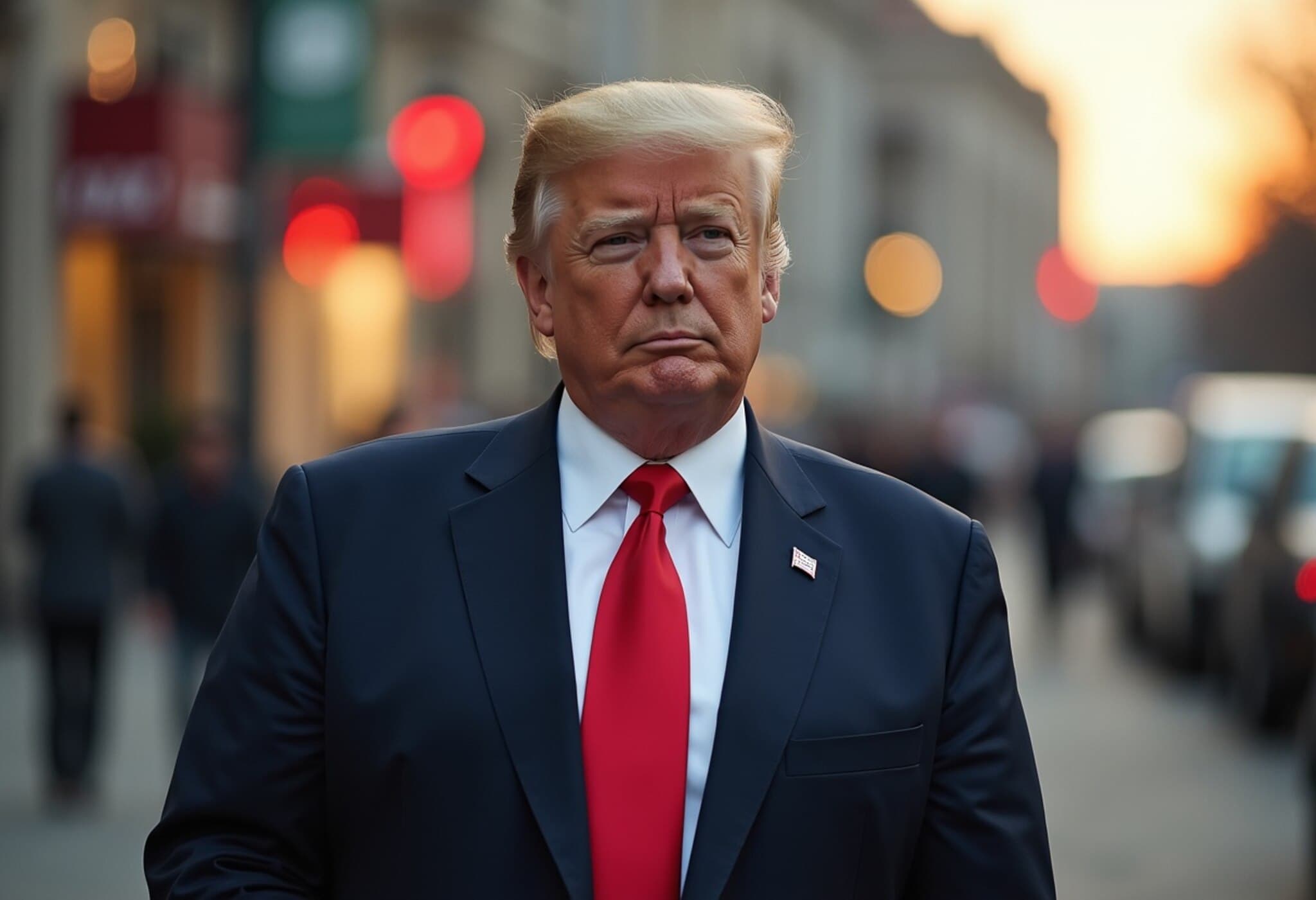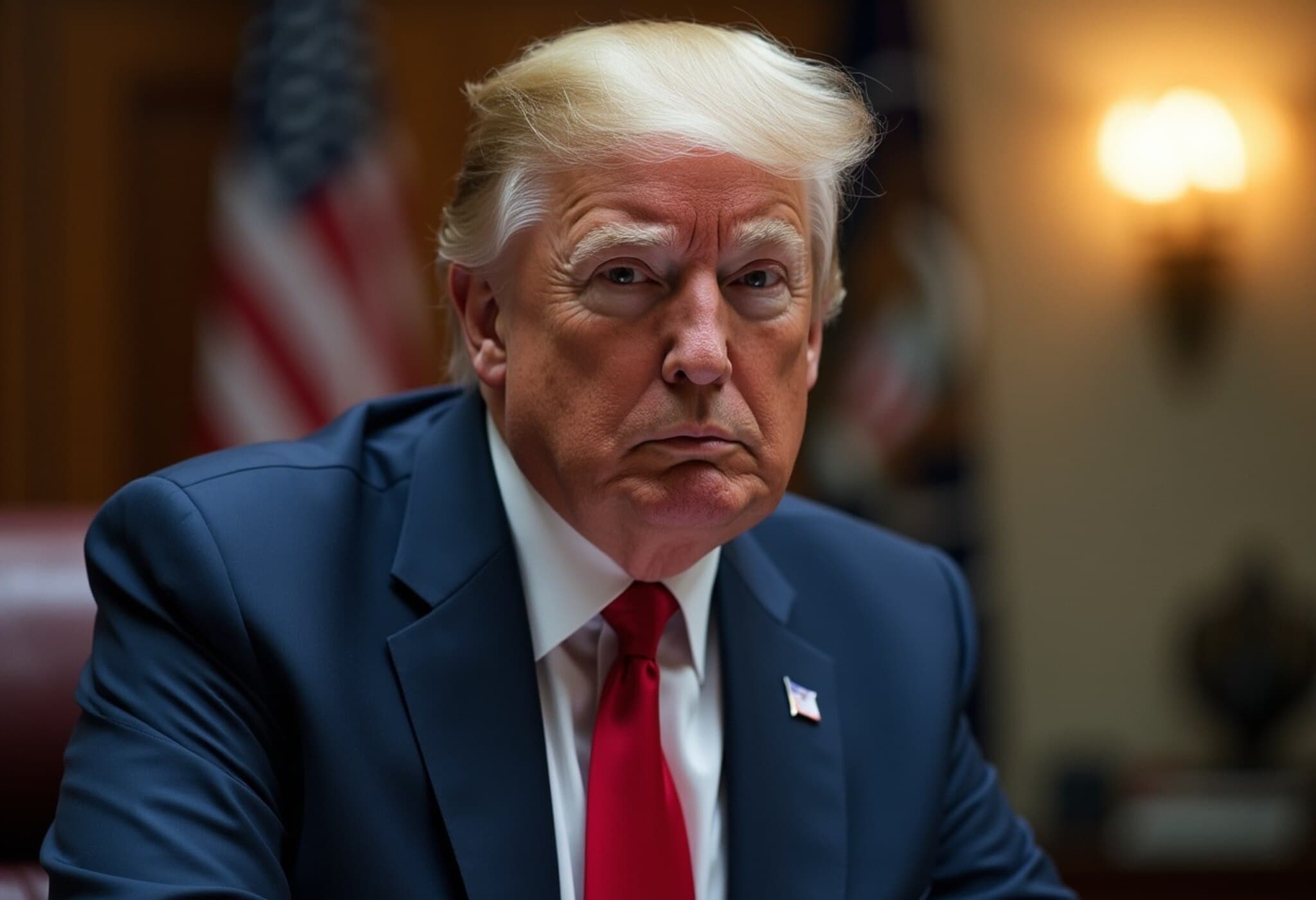US Officially Labels The Resistance Front (TRF) as a Foreign Terrorist Organization
In a significant move underscoring its commitment to combating global terrorism, the US Department of State announced on July 17, 2025, the official designation of The Resistance Front (TRF) as a Foreign Terrorist Organization (FTO) and a Specially Designated Global Terrorist (SDGT). TRF is widely recognized as a proxy group of Pakistan-based Lashkar-e-Taiba (LeT), the notorious terror outfit implicated in multiple attacks against India.
Background: The Pahalgam Attack and TRF’s Role
The recent designation follows TRF’s claimed responsibility for the devastating terror attack in Pahalgam, Jammu & Kashmir, on April 22, 2025. The assault resulted in the deaths of 26 civilians and instigated a tense four-day military standoff between India and Pakistan. This incident marked the deadliest civilian terror attack in India since the 2008 Mumbai attacks, also carried out by LeT.
In the Department of State's statement, Secretary of State Marco Rubio emphasized the gravity of this move: "Today, the Department of State is adding The Resistance Front (TRF) as a designated Foreign Terrorist Organisation (FTO) and Specially Designated Global Terrorist (SDGT). TRF, a Lashkar-e-Taiba front and proxy, claimed responsibility for the April 22, 2025, Pahalgam attack, which killed 26 civilians. TRF has also claimed responsibility for numerous attacks against Indian security forces, including recently in 2024."
US Administration’s Commitment to Counterterrorism
The designation falls under the framework of section 219 of the Immigration and Nationality Act and Executive Order 13224, directed at disrupting terrorist funding and activity. Secretary Rubio highlighted that the Trump administration’s firm stance reflects a broader strategy to protect American national security interests while supporting global anti-terrorism efforts.
"These actions demonstrate the administration’s unwavering dedication to counterterrorism and enforcing justice for victims of terror attacks," Rubio noted, underscoring the importance of international collaboration.
India Welcomes Enhanced Collaboration
India lauded the US decision as a milestone in the strengthening counterterrorism partnership between the two nations. The Indian Embassy in Washington DC issued a statement praising the move: "Another demonstration of strong India-USA counter-terrorism cooperation. We appreciate the Department of State for listing The Resistance Front (TRF) as a designated Foreign Terrorist Organisation and Specially Designated Global Terrorist. TRF is a proxy of Lashkar-e-Taiba and claimed responsibility for the April 22 terror attack on civilians in Pahalgam. ZERO TOLERANCE for terrorism!"
External Affairs Minister S. Jaishankar had earlier stressed the imperative of a robust and uncompromising response to terrorism during the Shanghai Cooperation Organisation (SCO) Council of Foreign Ministers meeting in Tianjin. Jaishankar warned about the intertwined threats of "terrorism, separatism, and extremism," highlighting that these challenges continue to jeopardize regional stability.
Understanding TRF: A Tactical Proxy in Kashmir
Expert intelligence analyses trace TRF's origins to October 2019, coinciding with India's revocation of Article 370, which altered Jammu and Kashmir’s special status. Unlike its parent group LeT, which openly espouses Islamist ideology, TRF deliberately adopts secular rhetoric and non-religious symbols to mask its affiliations and widen its influence. This strategic rebranding enables the group to evade international scrutiny while perpetuating violent campaigns across Kashmir.
Despite this façade, LeT retains significant control over TRF’s operations and messaging, exploiting geopolitical fault lines for destabilization.
Regional and Global Context
The US designation of TRF as a terrorist organization holds considerable implications for South Asian diplomacy and counterterrorism policies. It reinforces Washington’s position against Pakistani-backed militancy, aligning with India’s long-standing appeals for international action against cross-border terrorism.
Moreover, this move could recalibrate diplomatic engagements, urging Pakistan to confront militant proxies on its soil more decisively. For the US, it signals an assertive approach in its foreign policy against terror groups potentially threatening American interests and allies.
Expert Commentary
Dr. Anjali Menon, a South Asia security expert at the Washington Institute for Near East Policy, underscores the significance: "The TRF designation is not just symbolic. It enhances legal frameworks that enable asset freezes, travel bans, and international cooperation against terror financing. It also sends a strategic message to Pakistan that its support for proxy groups jeopardizes its international standing."
She cautions, however, that sustained pressure and multilateral efforts are vital to truly curtail cross-border terrorism, as groups often rebrand or splinter following such designations.
Looking Ahead: Challenges and Opportunities
While the US-led designation is a pivotal step, experts stress the continued necessity for coordinated intelligence sharing, regional dialogues, and counter-radicalization programs to dismantle terror networks.
The evolving nature of groups like TRF demands adaptive policies and persistent vigilance from both regional and global partners to secure lasting peace and stability in Kashmir and beyond.
Editor’s Note
The US designation of The Resistance Front as a Foreign Terrorist Organization marks a crucial juncture in the fight against terrorism in South Asia. It reflects a deeper geopolitical resolve to address increasingly sophisticated militant proxies. Yet, it also opens questions about the efficacy of such blacklists in isolating terror groups that frequently morph in identity and tactics. Readers are encouraged to consider how international law, diplomacy, and domestic policy can evolve together to close these gaps and promote lasting security.

